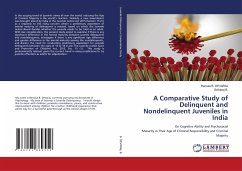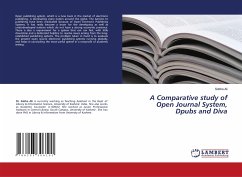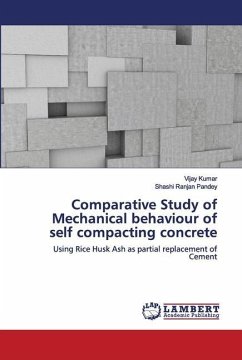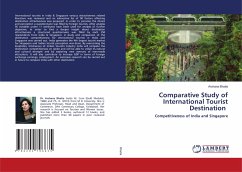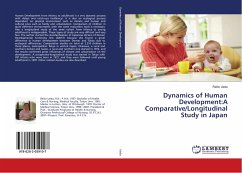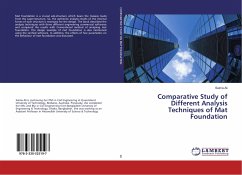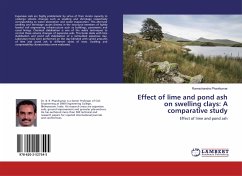In the surging trend of juvenile crimes all over the world, reducing the Age of Criminal Majority is the world's reaction. Similarly, a new amendment was brought about by India in the Juvenile Justice Act 2015 (Section 15 (1)) as a response to this rising concern where a preliminary assessment of mental maturity of delinquents is insisted, based on which the Juvenile Justice Board decides whether the juvenile needs to be tried as an adult. With due consideration, the present study aimed to examine if there is any significant difference in the mental maturity between juvenile delinquents and nondelinquents; investigate if there is any significant age difference and gender difference in the mental maturity among the nondelinquents, and discern the need for conducting preliminary assessment for juvenile delinquents between the ages of 16 to 18 as per The Juvenile Justice (Care and Protection of Children) Act, 2015, Sec. 15 (1). This study is predominantly relevant given the current trend in many jurisdictions to try juvenile offenders as adults for adjudication.
In the surging trend of juvenile crimes all over the world, reducing the Age of Criminal Majority is the world's reaction. Similarly, a new amendment was brought about by India in the Juvenile Justice Act 2015 (Section 15 (1)) as a response to this rising concern where a preliminary assessment of mental maturity of delinquents is insisted, based on which the Juvenile Justice Board decides whether the juvenile needs to be tried as an adult. With due consideration, the present study aimed to examine if there is any significant difference in the mental maturity between juvenile delinquents and nondelinquents; investigate if there is any significant age difference and gender difference in the mental maturity among the nondelinquents, and discern the need for conducting preliminary assessment for juvenile delinquents between the ages of 16 to 18 as per The Juvenile Justice (Care and Protection of Children) Act, 2015, Sec. 15 (1). This study is predominantly relevant given the current trend in many jurisdictions to try juvenile offenders as adults for adjudication.
In the surging trend of juvenile crimes all over the world, reducing the Age of Criminal Majority is the world's reaction. Similarly, a new amendment was brought about by India in the Juvenile Justice Act 2015 (Section 15 (1)) as a response to this rising concern where a preliminary assessment of mental maturity of delinquents is insisted, based on which the Juvenile Justice Board decides whether the juvenile needs to be tried as an adult. With due consideration, the present study aimed to examine if there is any significant difference in the mental maturity between juvenile delinquents and nondelinquents; investigate if there is any significant age difference and gender difference in the mental maturity among the nondelinquents, and discern the need for conducting preliminary assessment for juvenile delinquents between the ages of 16 to 18 as per The Juvenile Justice (Care and Protection of Children) Act, 2015, Sec. 15 (1). This study is predominantly relevant given the current trend in many jurisdictions to try juvenile offenders as adults for adjudication.

